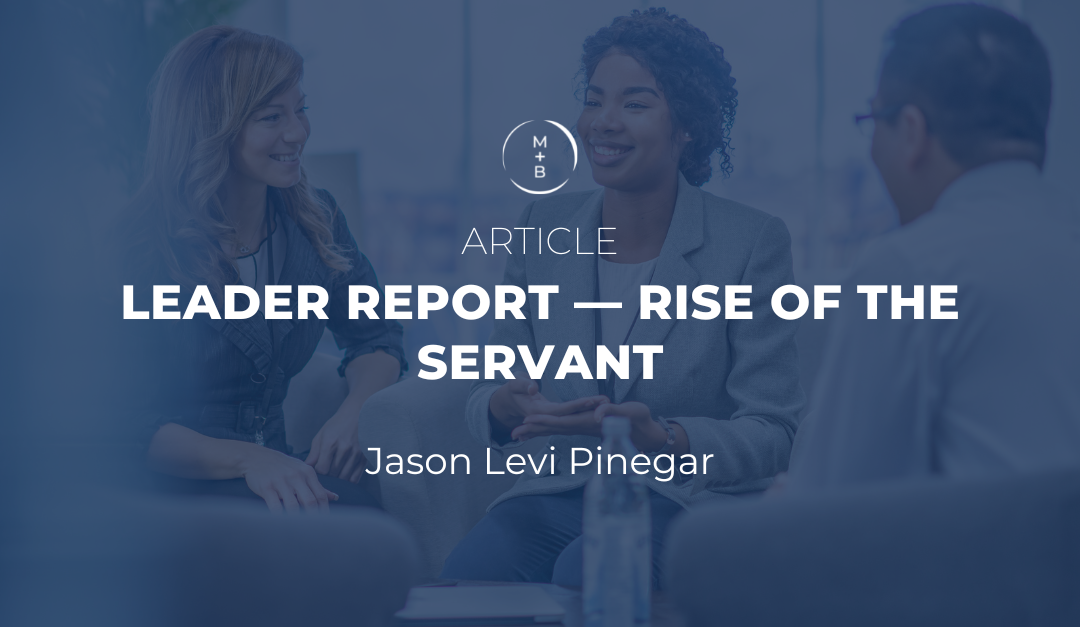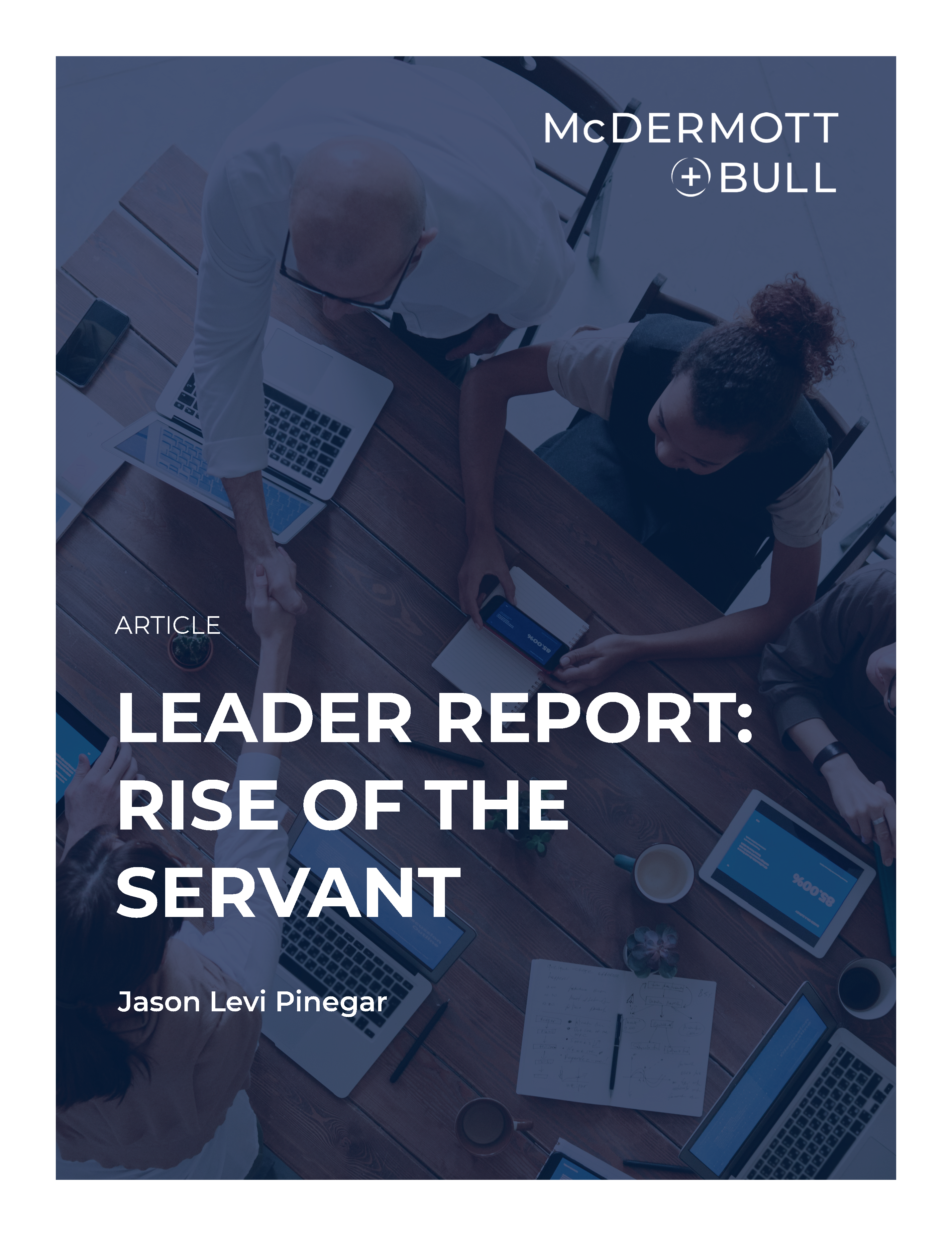SERVE AND BE HAPPY
Let’s not fool ourselves, serving others (when done correctly) feels good. When we lose ourselves in the service of others, something magical happens at the neurobiological level — our brains receive a special chemical cocktail that reinforces our behavior by reducing stress, depression, and pain, while increasing our sense of purpose and life satisfaction.
The only really happy people are those who have learned how to serve.
– Albert Schwietzer
It’s easy to be selfish in a world that promotes rapid personal gratification and praises individual achievement. The world’s dire need for transformational leaders is nothing new. We are fortunate to live during a time when stories of service can be shared on an uncontainable scale, impressing and inspiring others to engage in daily acts of kindness.
The Golden Rule is becoming “old- hat” as the Platinum Rule ups the ante to go above and beyond what it is that you want over “treat others the way they want to be treated.” Dale Carnegie captured this brilliantly when he wrote:
“Personally, I am very fond of strawberries and cream, but I have found that for some strange reason, fish prefer worms. So, when I went fishing, I didn’t think about what I wanted. I thought about what they wanted. I didn’t bait the hook with strawberries and cream. Rather, I dangled a worm or grasshopper in front of the fish and said: ‘Wouldn’t you like to have that?’ Why not use the same common sense when fishing for people?”
Ultimately, we serve best when we carefully listen and attend to the unique needs (not emotions) of those around us.
THE SERVANT AS LEADER
The ancient Chinese philosopher and writer, Lao-Tzu or Laozi (meaning “Old Master”), wisely shared, “The highest type of ruler is one of whose existence the people are barely aware… The Sage is self-effacing and scanty of words. When his task is accomplished, and things have been completed, all the people say, ‘We ourselves have achieved it!’” Behold, the epitome of the servant leader.
This age-old concept of the servant as leader was popularized in Robert Greenleaf’s Essay and provides a depth of purpose not fully captured in earlier leadership literature, such as Lewin’s Leadership Styles framework or Hersey and Blanchard’s Life Cycle Theory of leadership. Greenleaf wrote, “The servant leader is servant first. It begins with the natural feeling that one wants to serve, to serve first. Then conscious choice brings one to aspire to lead.” This choice of making the service of others a priority is critical to developing one’s capacity to lead and rise above the common and antiquated forms of leadership found throughout the world today. These are undoubtedly marked by characteristics and organizational structures of increasing power and authority.
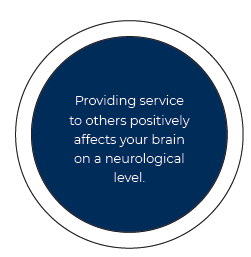
Larry Spears, former Executive of the Greenleaf Center for Servant Leadership, stated in Insights on Leadership that “we are beginning to see that the traditional, autocratic, and hierarchical modes of leadership are yielding to a newer model ¬– one based on teamwork and community, one that seeks to involve others in decision making, one based on ethical and caring behavior.”
THE SEVEN PILLARS OF SERVANT LEADERSHIP
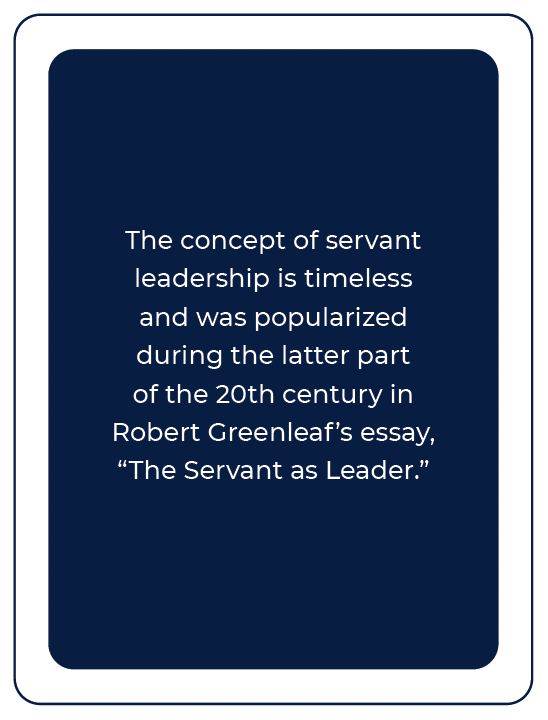
In their ever popular book, Seven Pillars of Servant Leadership: Practicing the Wisdom of Leading by Serving, Frick and Sipe provide a comprehensive framework of the most critical competencies possessed by effective servant leaders. A servant leader is a person of character who maintains integrity, demonstrates humility, and serves a higher purpose. A servant leader puts people first by serving with love, showing care and concern, and mentoring others. A servant leader is a skilled communicator who demonstrates empathy, welcomes feedback, and is persuasive. A servant leader is a compassionate collaborator who expresses appreciation, builds teams, and navigates conflict. A servant leader has foresight, is visionary, displays creativity of thought, and exercises sound judgment. A servant leader is a systems thinker who is comfortable with complexity, demonstrates adaptability, and considers the “greater good.” Lastly, a servant leader leads with moral authority which is granted by others through the consistency and weight of one’s example.
Today, servant leadership has been attributed to the success of some of the most high-performing and profitable companies in the world, like Whole Foods, Home Depot, Starbucks, UPS, Southwest Airlines, and Chick-fil-A. It has also paved the way for amazing turnarounds for companies like Popeyes Louisiana Kitchen, who executed an aggressive growth plan aimed at serving the interests of their franchise owners first. This led to a 25% jump in average restaurant sales and substantial increases in market share, profitability, and stock price. Greenleaf realized that when leaders serve their organizations, the organizations themselves begin to act like servant leaders for the greater community. We see this in a variety of ways, from the creation of corporate sponsorships in support of nonprofit organizations to the development and implementation of robust corporate social responsibility initiatives. Servant leadership is a powerful tool and pathway for changing our world.
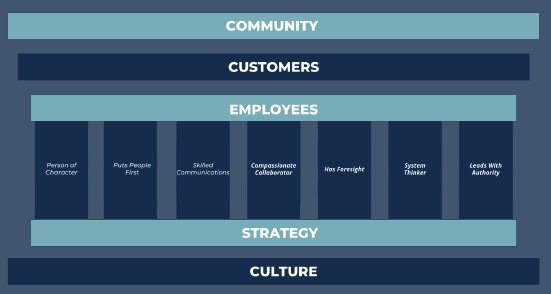
IT TAKES PRACTICE
Leadership is no easy undertaking, let alone throwing acts of consistent service into your daily mix while also ensuring to personally develop the seven core competencies of servant leadership. Leadership requires others. For some of us, overcoming selfish desires (and often laziness) may come more naturally, but servant leadership takes consistent and deliberate practice. It is a daily struggle, where each morning begins with the simple question: How will I serve others today? But how do you know you’re making progress on your path toward servant leadership? As Greenleaf said, “The best test is this: Do those served grow as persons? Do they, while being served, become healthier, wiser, freer, more autonomous, more likely themselves to become servants?” Only then, has the servant truly become the leader.
Jason Levi Pinegar
Partner
pinegar@mbexec.com
Jason Levi Pinegar is a Partner at McDermott + Bull, where he works closely with his clients, consulting across a variety of business sectors, to attract and secure game-changing leadership talent, while also ensuring close alignment with their unique mission, values, and culture. His earlier career focused in behavioral and organizational psychology, with a later emphasis in leadership assessment, development, and succession planning.

